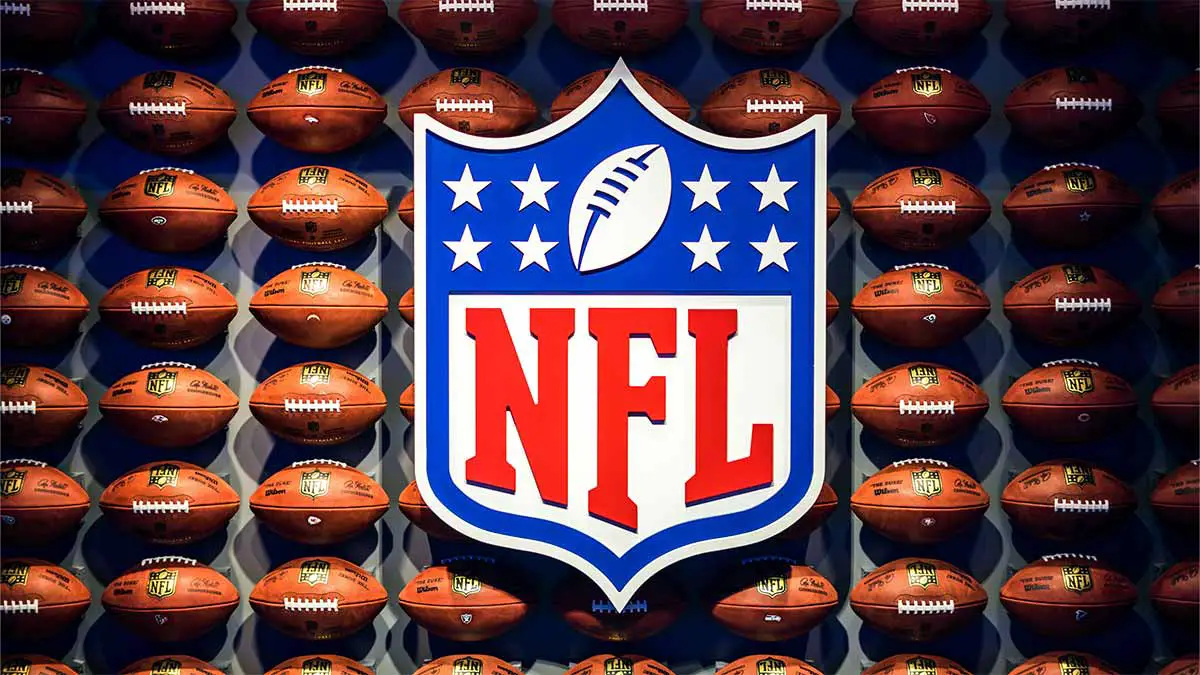The NFL draft is an annual event in which National Football League (NFL) teams select eligible college football players to join their rosters. The draft is an important part of the NFL’s talent acquisition strategy, and it has become a cultural phenomenon, attracting millions of viewers and generating significant media coverage. From a sociological perspective, the NFL draft provides an opportunity to examine the interplay between sports, race, gender, and social inequality. So let’s dive into the sociology of the NFL Draft.
Sociology of the NFL Draft and Social Stratification
One of the most important sociological concepts that can be applied to the NFL draft is social stratification. Social stratification refers to the structured hierarchical arrangement of groups within a society based on cultural, social, and political factors such as social class, gender, race, and religion. In the context of the NFL draft, social stratification is evident in the way that players are evaluated and ranked by teams, scouts, and analysts.
Factors such as a player’s college performance, physical attributes, and character are taken into consideration when determining their draft position. This process can be seen as a reflection of broader social structures that privilege certain groups over others.
Sociology, Race and the Draft
Race is another important sociological concept that is relevant to the NFL draft. The NFL has a predominantly Black player base, with over 70% of players identifying as African American. This racial disparity is often attributed to factors such as the historical exclusion of Black players from mainstream football, as well as the disproportionate representation of Black athletes in sports such as basketball and track and field.
The NFL draft can be seen as a mechanism for reproducing racial inequality, as Black players are often subjected to greater scrutiny and stereotyping than their white counterparts.

Gender Inequality and the NFL Draft
Gender, as a sociological concept, is also relevant to the NFL draft. While the NFL is a male-dominated organization, women are increasingly becoming involved in various aspects of the league, such as coaching, broadcasting, and front office positions. However, the NFL draft remains largely inaccessible to women, as there are currently no female players in the league. This gender imbalance reflects broader social structures that limit women’s access to male-dominated fields.
We can also analyze how the NFL more generally upholds the gender binary with the image of men playing on the field, and women cheering or dancing on the sideline in the official NFL cheerleading teams. This stark contrast leaves little room to understand gender as a spectrum, rather than a binary construct holding only two mutually exclusive categories.
Socialization and the NFL Draft
Another sociological concept that can be applied to the NFL draft is socialization. Socialization refers to the process by which individuals learn the norms, values, and expectations of their society. In the context of the NFL draft, socialization plays a role in shaping players’ attitudes and behaviors, as well as their interactions with coaches, teammates, and fans.
The draft process can also be seen as a form of socialization for fans, as they learn about the players and teams through media coverage and other sources. This event solidifies the landscape of the upcoming season, making it an important agent of socialization for fans as they enter another season of football.
Sociology and the NFL Draft and Globalization
Finally, the concept of globalization is also relevant to the NFL draft. Globalization refers to the interconnectedness of people, cultures, and economies across the world. The NFL has been increasingly expanding its reach beyond the United States, with games and events taking place in United Kingdom and Mexico, among others.
The draft process has also become more globalized, with an increasing number of international players being scouted and drafted by NFL teams. This trend reflects broader social and economic changes that are shaping the global sports industry.
Concluding Thoughts on the Sociology of the NFL Draft
In conclusion, the NFL draft provides a rich context for applying sociological concepts such as social stratification, race, gender, socialization, and globalization. By examining the draft process through a sociological lens, we can gain a deeper understanding of the complex interplay between sports, society, and culture. As the NFL continues to evolve and expand, it is important to critically examine the social and cultural implications of the league’s practices and policies.







